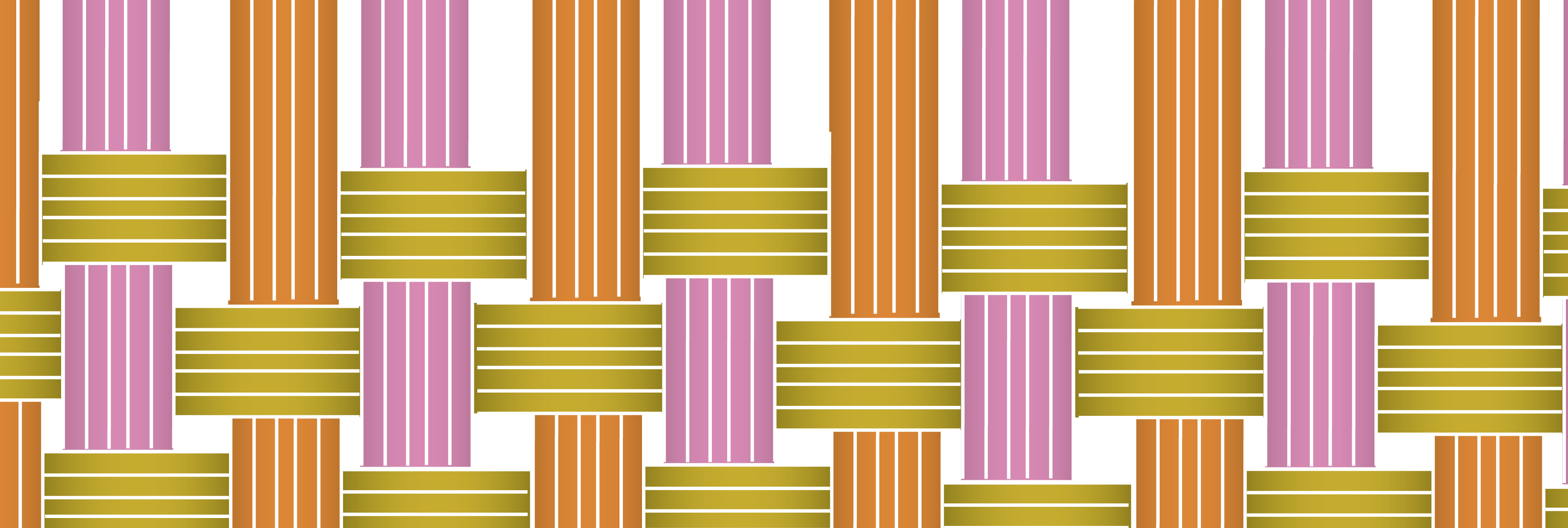One mention of the word Voodoo and images of human sacrifice, devil worship, sorcery or perhaps the highly popularized voodoo dolls with needles sticking out of them come rushing to your mind. And who could blame you when all across the media, Voodoo has become synonymous with evil and violence? In truth, Voodoism is more than just some cultic practice.
Thought by some to be one of the world’s oldest religions, Voodoo was initially practiced in West Africa before spreading across the world to Haiti and the West Indies as well as regions in the American South as a result of the slave trade. United by the religious practices from the communities from which they were forcibly removed, African slaves across the Caribbean, began to mix these ideologies with those of Roman Catholicism into which they were newly baptized giving rise to a unique religious practice in the region. In Haiti in particular, the religion was instrumental in initiating the Haitian Revolution. Similar religions across South America such as Candomble, Macumba and Santeria developed by the same means.
The name Voodoo (Vodou) comes from the West African word Vodun, which means spirit. Today, there are various types of Voodoo practiced across the world, all with unique practices and traditions. For instance in Benin, West Africa, 17.3% of the population continue to practice the religion. These people believe in a Supreme Being known as Mawu, a Transcendent God responsible for creating all that exists in the universe. However this Supreme Being does not concern himself with the everyday lives of humanity but works instead through Voduns, spirits that govern the natural phenomena within the community.
The colonial view of Voodoo as evil, lewd and malicious remains highly pervasive even to this day. Indeed, the religion does place great importance on the use of spells and potions. In addition, the figure of the serpent, a symbol synonymous with the devil according to Christian teaching, features heavily across various forms of the religion. That, and the infamous “voodoo dances” in which Vodons possess the priests and priestesses so to as to convey their messages to the people, continue to fuel society’s perception of the religion as a cult. I argue, however, that it is time to abandon this white colonialist viewpoint, do away with some of the myths and misconceptions concerning the religion and begin to appreciate Voodooism for what it really is, a unique indigenous religious practice.
Sources:
http://www.africanholocaust.net/news_ah/vodoo.htm
http://www.huffingtonpost.com/saumya-arya-haas/what-is-vodou_b_827947.html




Leave a Reply